- Em que podemos lhe ajudar?
- 21 2240-0232
- 21 99624-5304
- [email protected]
Experimentation & The Stages of Drug Addiction to Substance Abuse
Брокеры Бинарных Опционов с минимальным депозитом полный список Бинарные опционы
Outubro 6, 2021The Psychology of Addiction: How We Become Addicted and How to Break the Cycle
Outubro 14, 2021Experimentation & The Stages of Drug Addiction to Substance Abuse
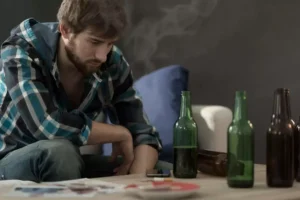
However, when addiction is diagnosed, it is possible to interrupt this cycle of addiction, abstinence, and relapse by getting professional treatment that is backed by research showing its ability to help. As with most other chronic diseases, such as diabetes, asthma, or heart disease, treatment for drug addiction generally isn’t a cure. People who are recovering from an addiction will be at risk for relapse for years and possibly for their whole lives. Research shows that combining addiction treatment medicines with behavioral therapy ensures the best chance of success for most patients.
Model Policies and Other Strategies to Maximize the Impact of Opioid Settlement Funds
Breaking the addiction cycle is possible with the right support and resources. Drug cravings can occur at various times and are often triggered by specific environmental cues, emotional states, or physical conditions. These triggers can include stress, exposure to drug-related paraphernalia, social settings where substances were previously used, or even during periods of withdrawal.
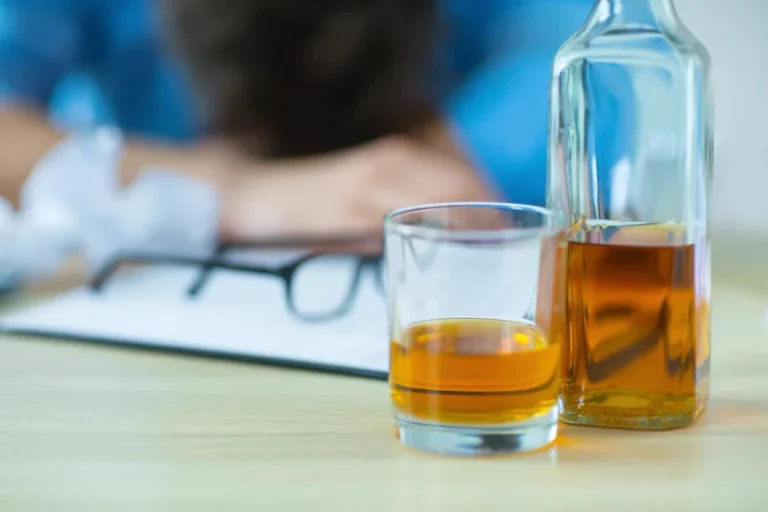
Holistic Treatment for Drug Addiction at The Dawn Rehab Thailand
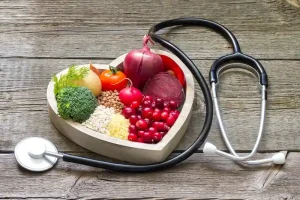
This seemingly innocuous medication, prescribed for short-term relief of acute musculoskeletal pain, has become a wolf in sheep’s clothing, lurking in medicine cabinets across the nation…. Our brains are constantly awash in a soup of chemicals called neurotransmitters. These molecules help regulate everything from mood and appetite to sleep and cognition. Drugs of abuse hijack this delicate system, often by mimicking or amplifying the effects of natural neurotransmitters. In my experience, the biggest single predictor of whether someone will overcome their addiction is if they act on, and keep acting on, their commitment to be addiction-free. By using the most effective techniques, those proven approaches used by experiential experts, the chances of becoming addiction-free are maximised.
Stage 2: Regular Use
By recognizing warning signs and addressing underlying causes of relapse, individuals can fortify their defenses against the challenges of addiction. Research indicates that stress, trauma, and mental health disorders are deeply intertwined with the development and perpetuation of addictive behaviors. Daily users may rotate through the cycle of addiction daily or several times throughout the day. This cycle can be arrested at any point after the addict or alcoholic makes a decision or is forced to get help. Sometimes, the consequences that arise (legal, financial, medical or social) force the addict or alcoholic to stop using.
- It is important to provide them with access to appropriate resources and support systems.
- This physiological dependence is a key factor in perpetuating the addiction cycle.
- Treatment plans need to be reviewed often and modified to fit the patient’s changing needs.
- Often, the use of the substance “ramps up” – becoming more frequent, or more intense -using the substances in higher doses, in an attempt to mask unfavorable feelings and symptoms.
- As the brain adapts to the constant presence of a drug, it begins to compensate.

Group therapy is another cornerstone of addiction treatment, providing a supportive environment where individuals can share experiences and learn from others facing similar challenges. Breaking the cycle of addiction is a multifaceted process that requires a combination of professional intervention, support, and personal commitment to recovery. Tolerance occurs when the body and brain https://ecosoberhouse.com/ get used to the substance or behavior, requiring more of it to achieve the same effects. Dependence happens when the body starts to rely on the substance to function normally, either physically or psychologically. The central nervous system, endocrine system, and other bodily systems undergo both acute and chronic transformations when exposed to addictive substances or behaviors.
Drug Addiction and Alcohol Effects on the Brain
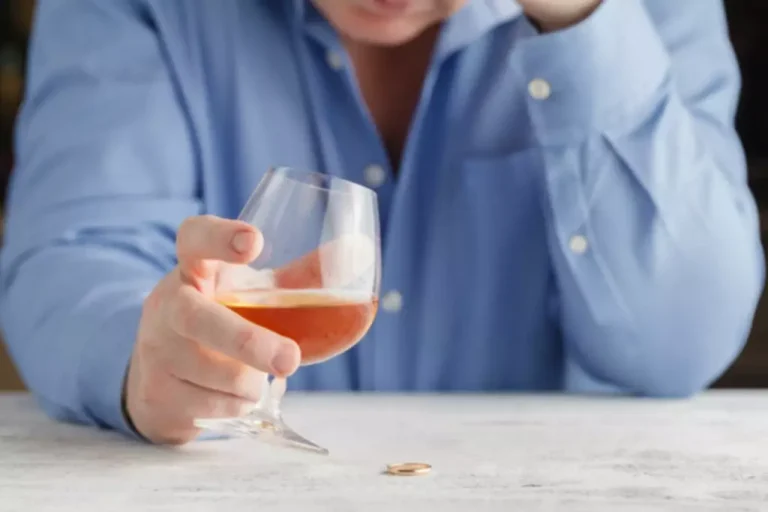
Co-occurring mental health disorders are common among those with substance use disorders. Conditions such as anxiety, depression, bipolar disorder, and post-traumatic stress disorder (PTSD) frequently coexist with substance misuse, creating a complex interplay that can challenge recovery efforts. Many people will never choose the correct cycle of addiction move beyond Stage 1 experimentation, but most who progress beyond Stage 2 will, in fact, develop an addiction. Below is a breakdown of the 4 stages of drug addiction so that you can learn how to identify the four stages of substance abuse, recognise symptoms and signs of addiction, and know what to do about it.
- Even in the recovery stage, ongoing maintenance treatment is essential to manage cravings, prevent relapse, and address any co-occurring mental health conditions.
- People who are recovering from an addiction will be at risk for relapse for years and possibly for their whole lives.
- It includes a network of family, friends, support groups, and healthcare professionals that provide emotional, social, and sometimes financial support.
- It can depend on various factors, including personal vulnerability, environment, and the substance or behavior involved.
- In order to delve into the stages of addiction and healing, it is essential to first have a solid understanding of addiction itself.
Regardless of the severity of the addiction, if you or a loved one is suffering from any type of substance abuse or addiction it is important to get the help that you need before it is too late. During stage four, the addict has gotten to a point that they would have never previously imagined when they began with experimentation. If they are capable of identifying their problem, they are rarely willing or able to take actions towards correcting it.
- The interaction between these factors contributes to the development and progression of addiction.
- This stage marks a critical escalation from mere physical dependence to a chronic disorder where the psychological need to use becomes predominant.
- Learning to navigate life without the crutch of substances is a critical part of recovery.
- Our compassionate intake coordinators can answer your questions and help you understand treatment options that can work well for your specific situation.
The process of developing addiction in this case tends to occur over a series of stages and, like other chronic illnesses, often turns into a cycle of addiction, treatment or abstinence, and relapse. Personal relationships are jeopardised or completely lost as a result of drug use. Drug abuse refers to the misuse of substances in a way that is harmful or risky, often leading to negative consequences in various aspects of life, such as health, relationships, and work.
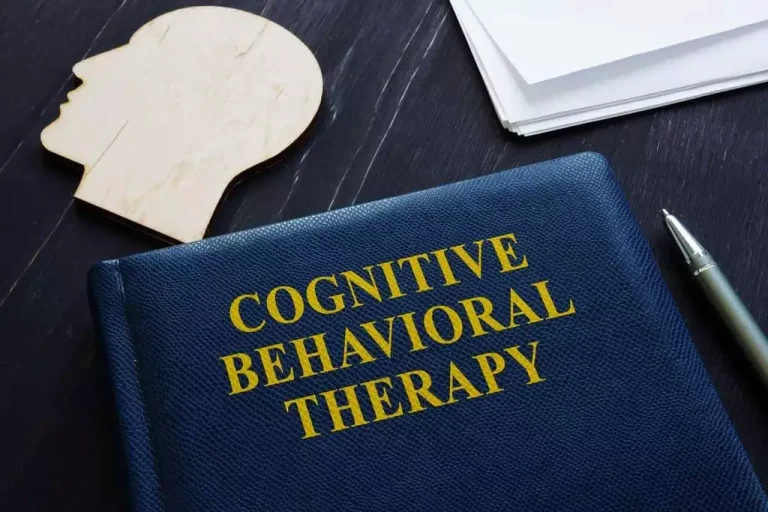
Support networks can be tailored to individual needs and may include SAMHSA-approved recovery support groups or alternative programs. A support system’s presence and active involvement can make a transformative difference in the recovery journey. Research-supported group treatments, such as those involving contingency management and motivational interviewing, have shown efficacy in treating drug use disorders. The collaborative nature of group therapy fosters a sense of community and accountability, which can be particularly beneficial in sustaining long-term recovery. After experimentation, if the person continues to use the substance or engage in the behavior regularly, they enter this stage. Regular use doesn’t necessarily mean daily use; it could mean using on weekends, during social events, or as a regular part of their routine.
